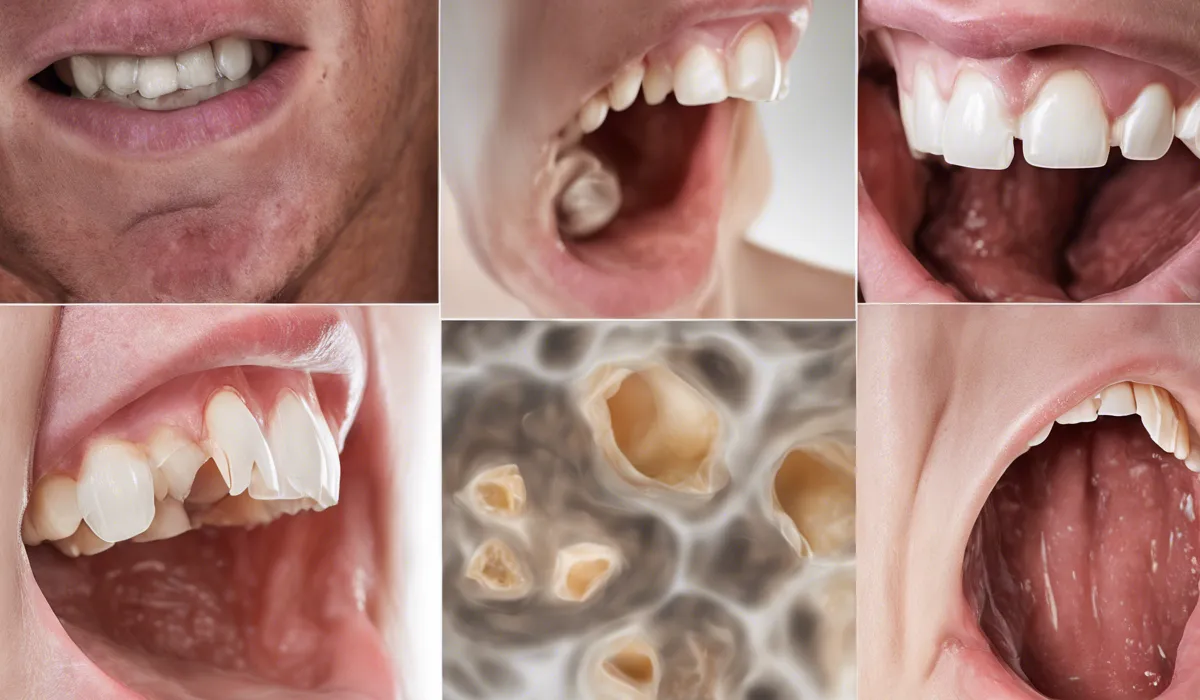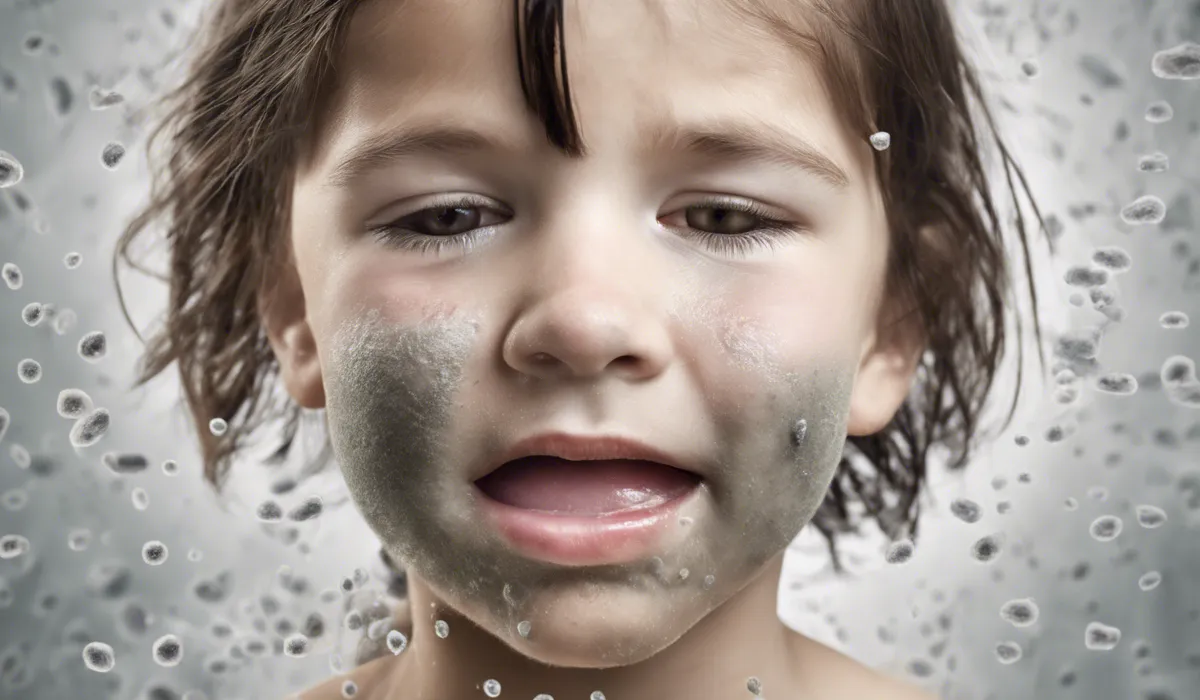No, mold does not cause strep throat. Strep throat is a bacterial infection specifically caused by group A Streptococcus bacteria. Mold may contribute to respiratory issues or allergies, but it is not a source of strep throat infections.
Understanding Mold and Its Health Implications

What Is Mold?
Mold is a type of fungus that grows in filaments and reproduces by forming spores that can travel through the air.
It is a natural part of the environment and can be found almost everywhere, indoors and outdoors.
Mold thrives in damp, warm, and humid conditions, often growing in places like bathrooms, kitchens, basements, and around leaks in roofs, windows, or pipes.
Where Mold Thrives?
Mold loves wet areas. It can grow on a variety of materials including paper, cardboard, ceiling tiles, and wood.
Outside, molds play a vital role in breaking down dead organic matter, but indoors, they can cause problems for your health.
Health Effects of Mold Exposure
When people are exposed to mold, it can lead to various health issues. Some people might experience allergic reactions such as sneezing, runny nose, red eyes, and skin rash.
Mold can also cause asthma attacks in people with asthma who are allergic to mold. In addition, exposure to mold can lead to irritation of the eyes, skin, nose, throat, and lungs, even in people who are not allergic to it.
Common Misconceptions About Mold-Related Illnesses
Many people think that mold can cause all sorts of illnesses, but that’s not always true. For example, mold does not cause strep throat.
It’s important to know what health issues mold can actually lead to so that you can protect yourself effectively.
The Truth About Strep Throat

Definition of Strep Throat
Strep throat is an infection in the throat and tonsils. It’s caused by bacteria called Streptococcus pyogenes, also known as group A streptococcus.
Strep throat can make your throat feel sore and scratchy, and it’s especially common in children and teenagers.
Causes of Strep Throat
The main cause of strep throat is the group A Streptococcus bacteria. These bacteria spread through droplets when an infected person coughs or sneezes, or through shared food or drinks.
You can also pick up the bacteria from a doorknob or other surface and transfer them to your nose, mouth, or eyes.
Role of Bacteria in Strep Throat
The Streptococcus bacteria that cause strep throat are very contagious. They can quickly spread in schools and other crowded places.
The bacteria cause your throat to become inflamed and painful, and they can also lead to other symptoms like fever and swollen lymph nodes.
Viral vs. Bacterial Throat Infections
It’s important to know the difference between a sore throat caused by a virus and one caused by bacteria like strep.
Viral throat infections usually go away on their own and can’t be treated with antibiotics. On the other hand, strep throat caused by bacteria can and should be treated with antibiotics to prevent complications.
Relationship Between Mold Exposure and Strep Throat

Investigating the Link
Some people think that mold can cause strep throat, but that’s not true. Strep throat is caused by bacteria, not mold.
However, mold can make you more susceptible to infections by irritating your respiratory system.
Scientific Evidence and Expert Opinions
Experts and scientific studies agree that there is no direct link between mold and strep throat. The confusion might come from both being associated with respiratory issues.
But when it comes to strep throat, the culprit is always the Streptococcus bacteria.
Preventative Measures for Mold
To prevent mold growth in your home, keep the humidity levels low, fix leaks, and clean up any water damage promptly. It’s also important to clean your home regularly and make sure it’s well-ventilated.
Preventative Measures for Strep Throat
To avoid getting strep throat, wash your hands often with soap and water, avoid close contact with people who are sick, and don’t share eating utensils or drinking glasses.
If someone in your home has strep throat, disinfect surfaces and wash laundry thoroughly to prevent the spread of bacteria.
FAQs About Mold and Strep Throat
Can mold exposure cause strep throat?
No, mold exposure cannot cause strep throat. Strep throat is caused by a bacterial infection, not by mold.
Is strep throat related to mold allergies?
Strep throat is not related to mold allergies. Strep throat is an infection, while mold allergies are a response to mold spores.
What organism causes strep throat?
Strep throat is specifically caused by group A Streptococcus bacteria.
Can living in a moldy environment lead to bacterial infections like strep throat?
Living in a moldy environment does not directly lead to bacterial infections like strep throat, though it may cause other respiratory issues or allergies.
What health problems can mold exposure cause?
Mold exposure can cause respiratory issues, allergies, and in some cases, more severe health problems, especially in individuals with compromised immune systems.
Final Thoughts
Mold is not responsible for causing strep throat, as this infection is exclusively linked to the group A Streptococcus bacteria.
While mold exposure can lead to various respiratory problems or allergic reactions, it does not contribute to the development of strep throat infections.
